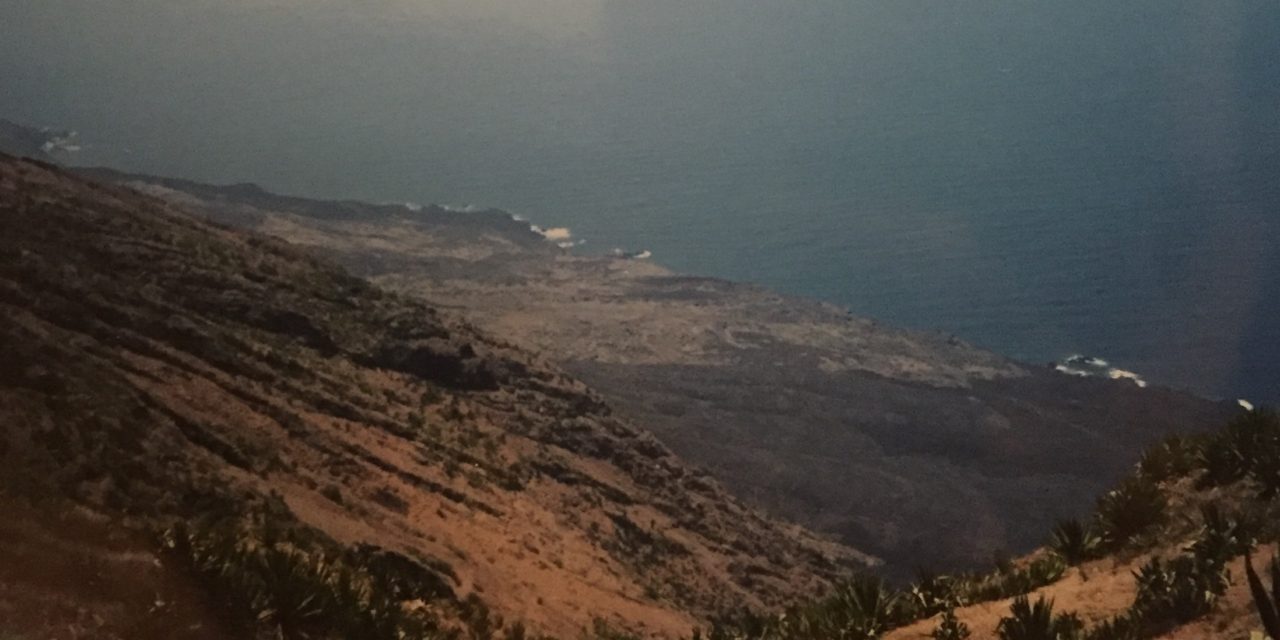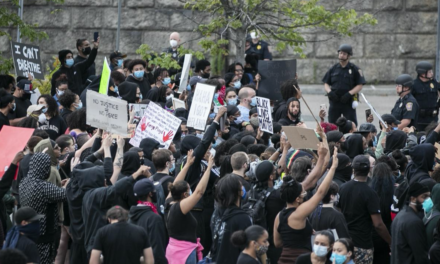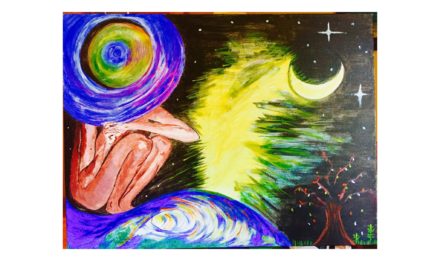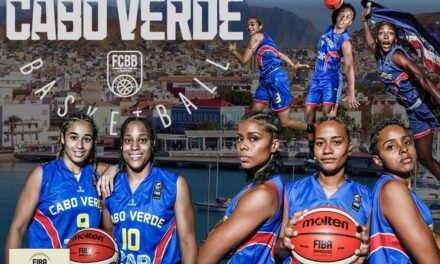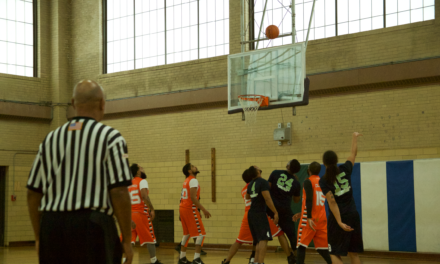Tonight, many of us will sit at the edge of our seats waiting to hear the echoes of the name that will govern our states for the next four years. Whomever is elected for president will become a representative of our nation, a representative in voice, in silence, in dress, in thought, in reason, in clamor, in laughter, etc. Will we stand in a chant of pride or be divided as a nation with unearthed skeletons calling to our demise because bigotry has been raised on a pedestal? Will individuality lose significance as we compromise our identity to a biased sense of greatness that divides unity? Will the deceased rise so we may take in the scent of inequality and injustice rather than be fooled by the flowered propaganda that crowd our vision and mute our screams to the deplorable conditions so many face?
I remember my first couple of years in America. I sat in classrooms and watched programs on television that described our country as a “melting pot.” I thought, “Wow, we are a melting pot, we are one… meaning I am no different from my neighbors.” This was a desirable concept played repeatedly by so many authoritarian tongues that I wanted to believe in its positive implications. It is defined as a heterogeneous society that becomes more homogeneous where the distinct elements of different cultures melt into one creating a common culture that is harmonious. This sounds pretty beautiful, right, it’s harmonious after all ? But everywhere I went I was not seen as one with the distinctly different ethnicity. I was always asked where I was from and what’s my genealogy. When I would mouth “Cape Verde or Cape Verdean”, their facial expressions were dissatisfied. They would continue to dig further by being presumptuous and ask “Did you mean Cambodian? Isn’t that Hispanic? But what is that?”. My reply was, “No, I’m not Asian nor Latin, I’m Cape Verdean… I’m from Santiago, one of the ten islands off the west coast of Africa.” Then I’d receive the response, “But you don’t look black.” As a child this response was very troubling for so many reasons because, for one, what did black look like to them that I didn’t fit into. Then I’d meet people that would say, you don’t look Cape Verdean, and they were Cape Verdean people telling me I didn’t fit in. More confusion came when other Cape Verdeans (CV) would tell me to tell others I’m Portuguese. Their reasoning behind that was that Portugal once colonized the CV islands, and some of our descendants are Portuguese, and that they are on the map while we were not, and they are accepted by the white majority. I tried very hard to convince myself, as a child, that this was the solution. I could avoid the long explanations by just saying I’m Portuguese, but at every attempt I’d fail and out would roll that I’m Cape Verdean. The thought of denying me caused me to feel a loss of self and identity, to question my place of belonging because others were not content with who I identified myself to be.
I thought, OK, maybe I can show them on the map where I’m from then they can see who I am. I remember looking at an atlas, a globe, through a geography textbook and to my surprise, those ten islands, I call home, were missing from the Atlantic Ocean. They were non-existent on the physical map and I felt like I, too, was insignificant to be known and I should just melt into this pot. Regardless of my attempt to assimilate, others were always there to remind me of my accent, my appearance, my inability to blend into this pot that America had told me would unify us. As I grew, I understood that the lack of representation creates ignorance and repeatedly dismissing our identity creates a system of corruption when individuality loses value and significance, and others rise with the belief that one group lacks values , moral, and should be treated unjustly. It is said that the way we teach others how to treat us is by how we demonstrate the way we treat ourselves. If I had denied my identity then I would’ve added to the ignorance and missed an opportunity to teach, broaden the perspective of others and become inclusive in this world we call home.
A colonized mind will deny history, deny truth that their roots were seeded by individuals that carried their demise. Colonization is not simply of the victims but also of the oppressors. It requires one to first break their own mind so they can remove freedom and own the identity of individuals trying to claim a sense of self. Countless stories have surfaced throughout history of people who have been deemed insignificant due to their varied differences and deliberate action was taken to remove them or flush their distinctions, i.e. white washing nations and genocide. Those are extreme and not as common as they once were but as I stand on this mosaic soil, in 2016, proud to live in my own skin, and watch a nation unveil archaic beliefs of power and greed to force us into a regression, I wonder how deep does the venom lie and when will it be purged from our system.

